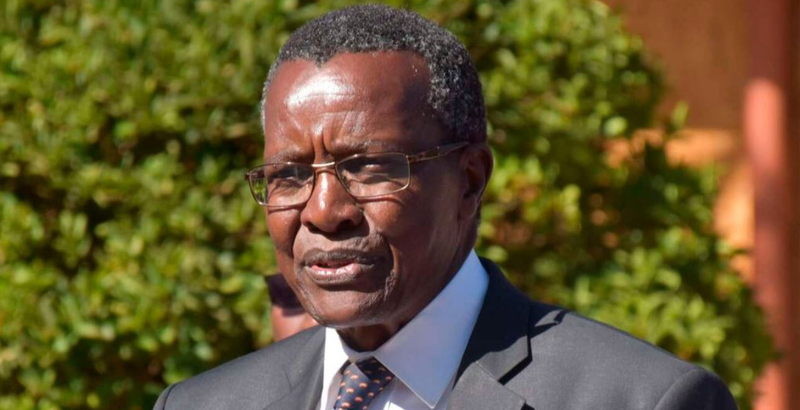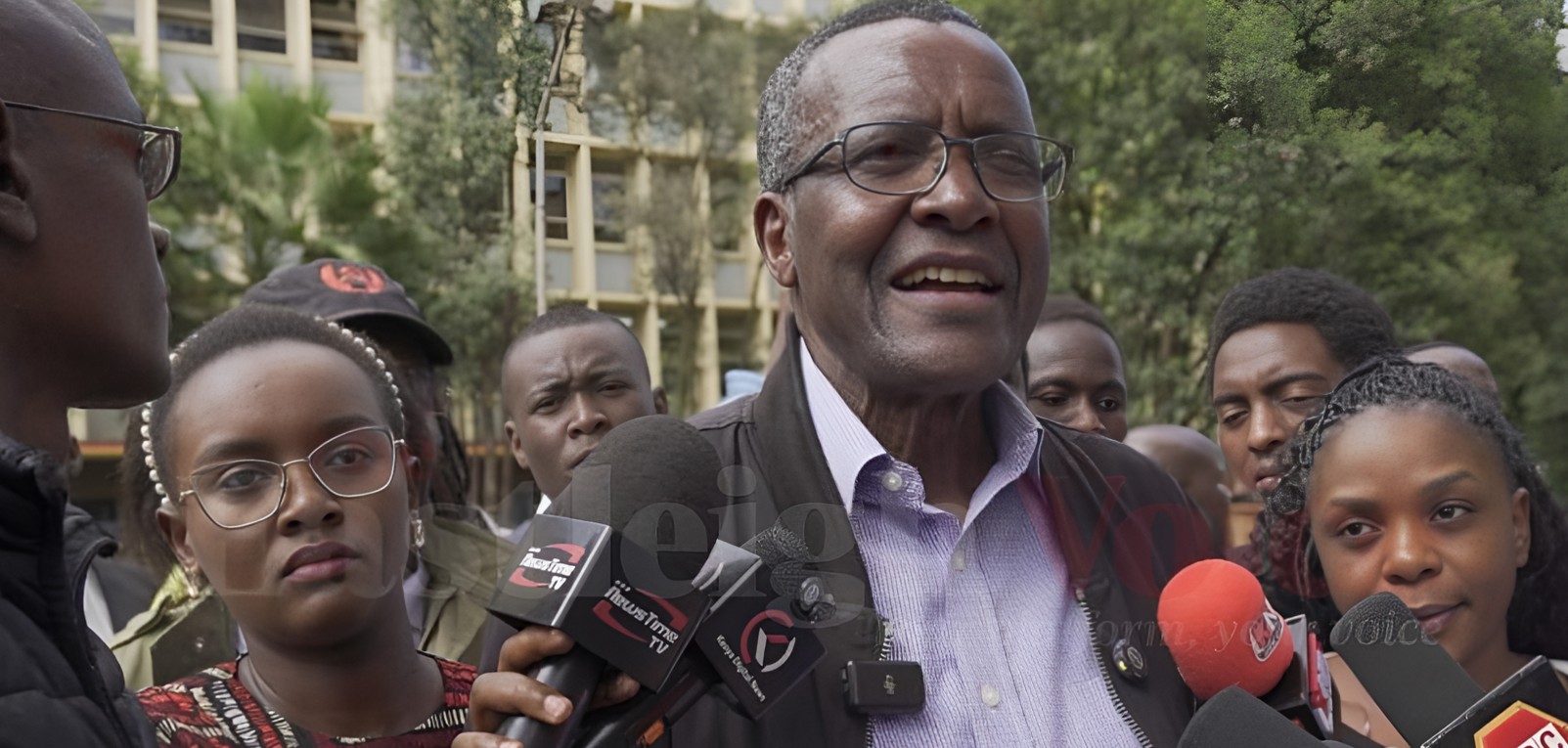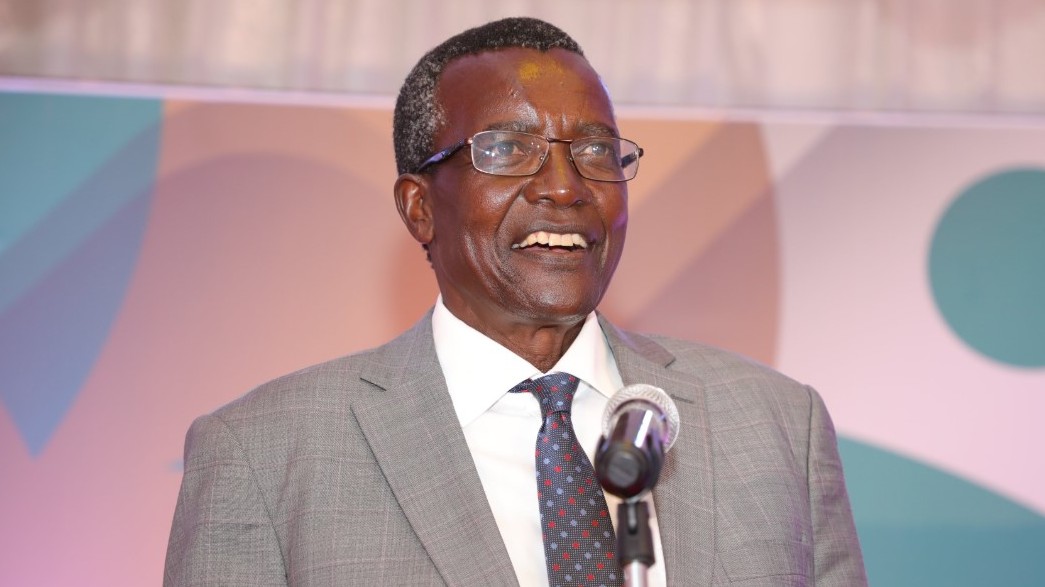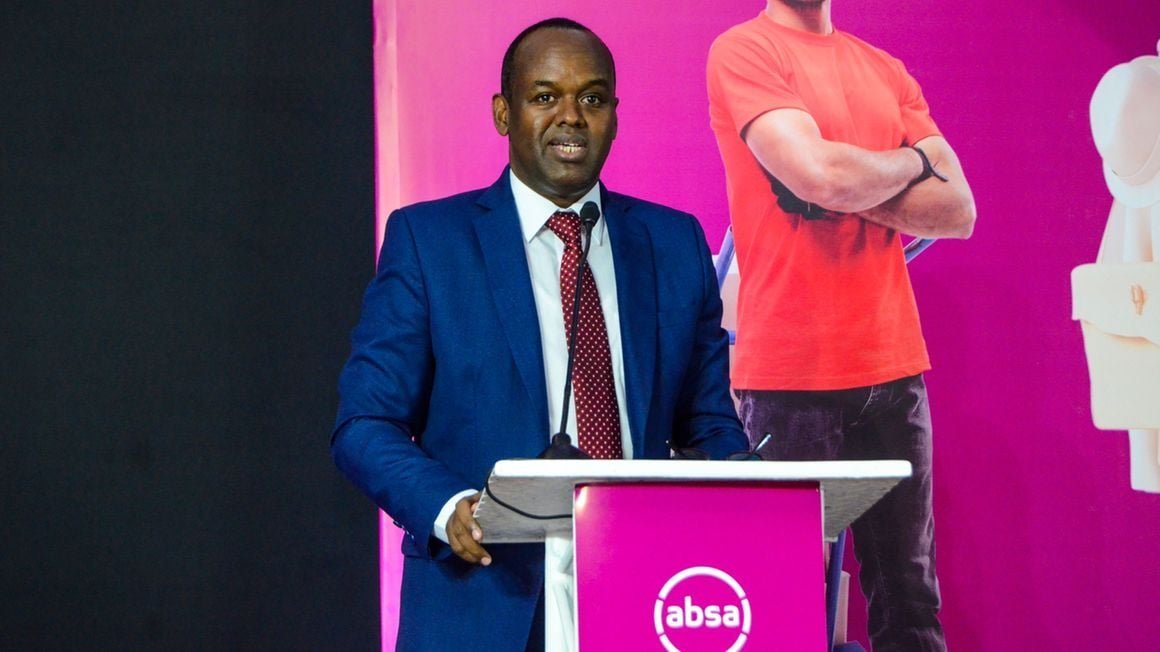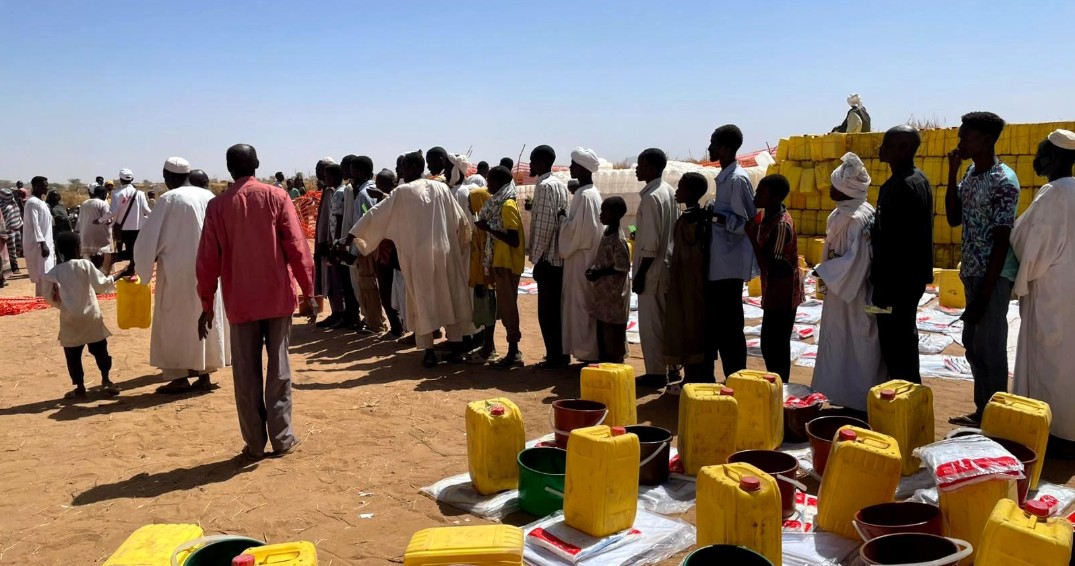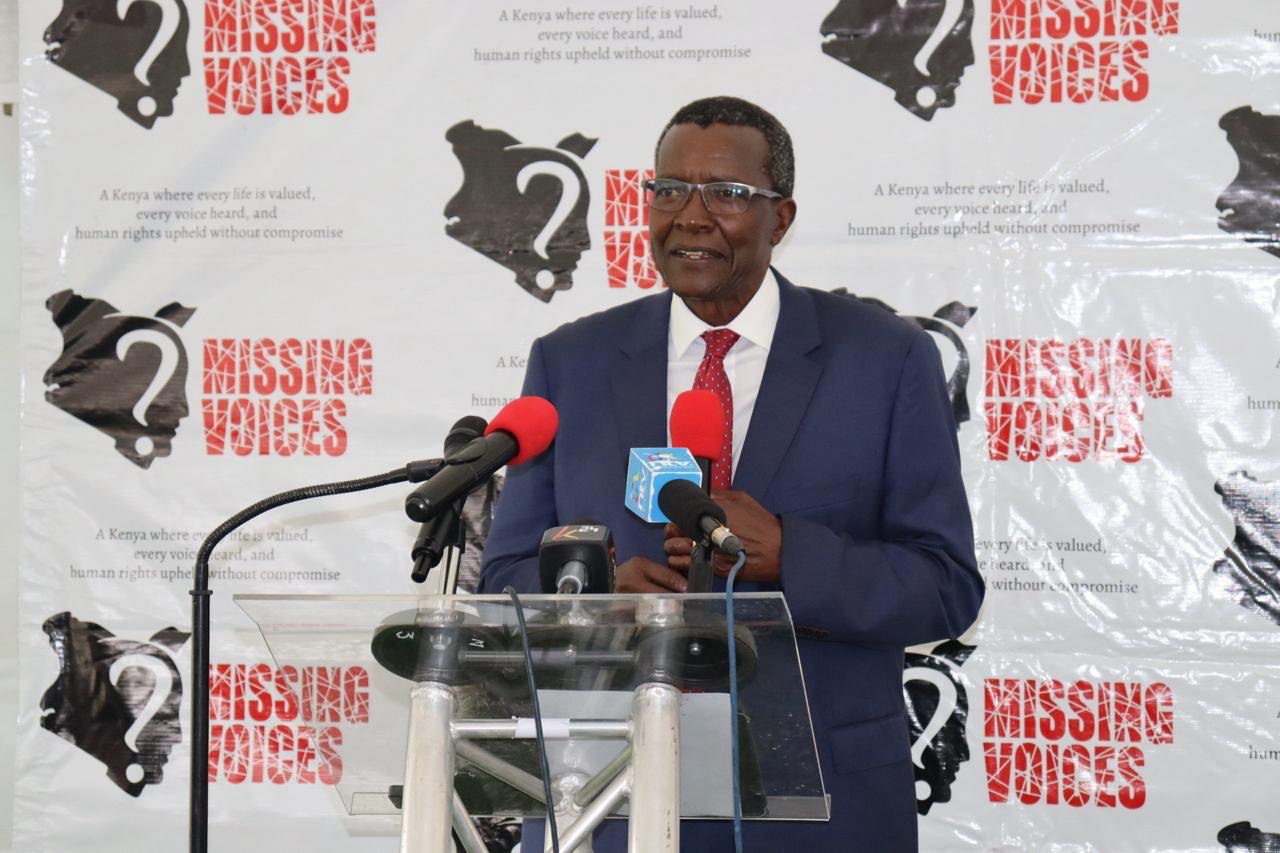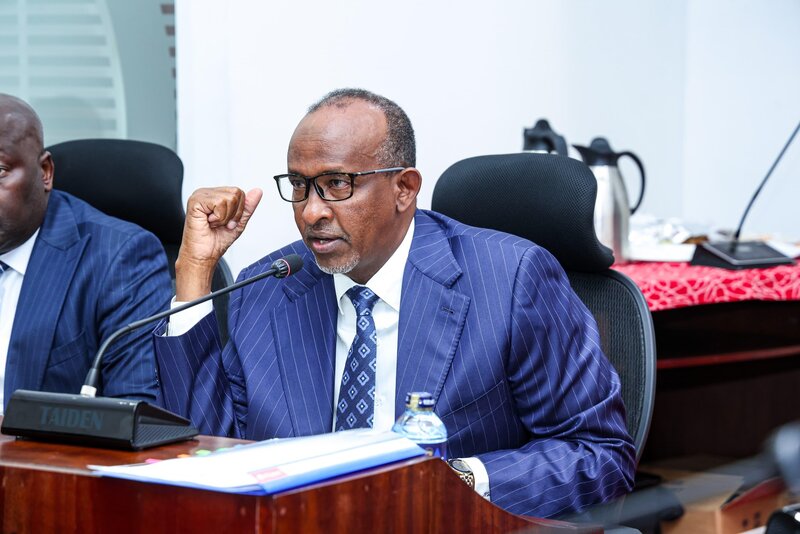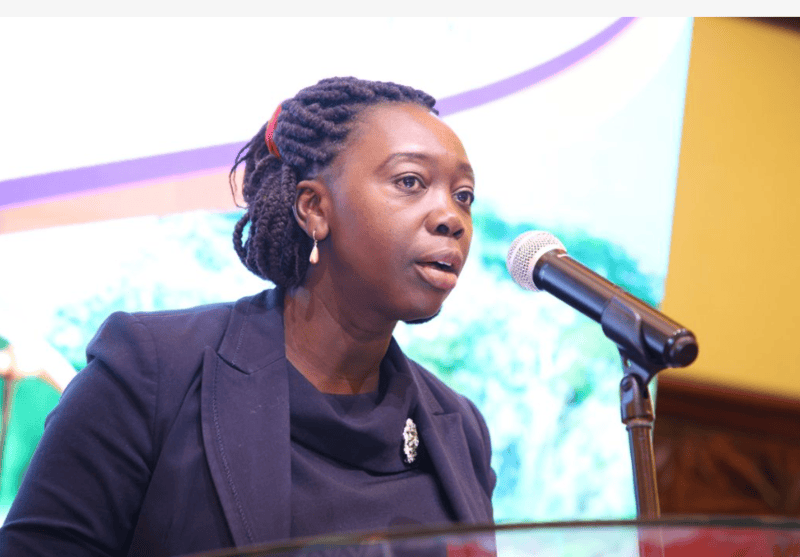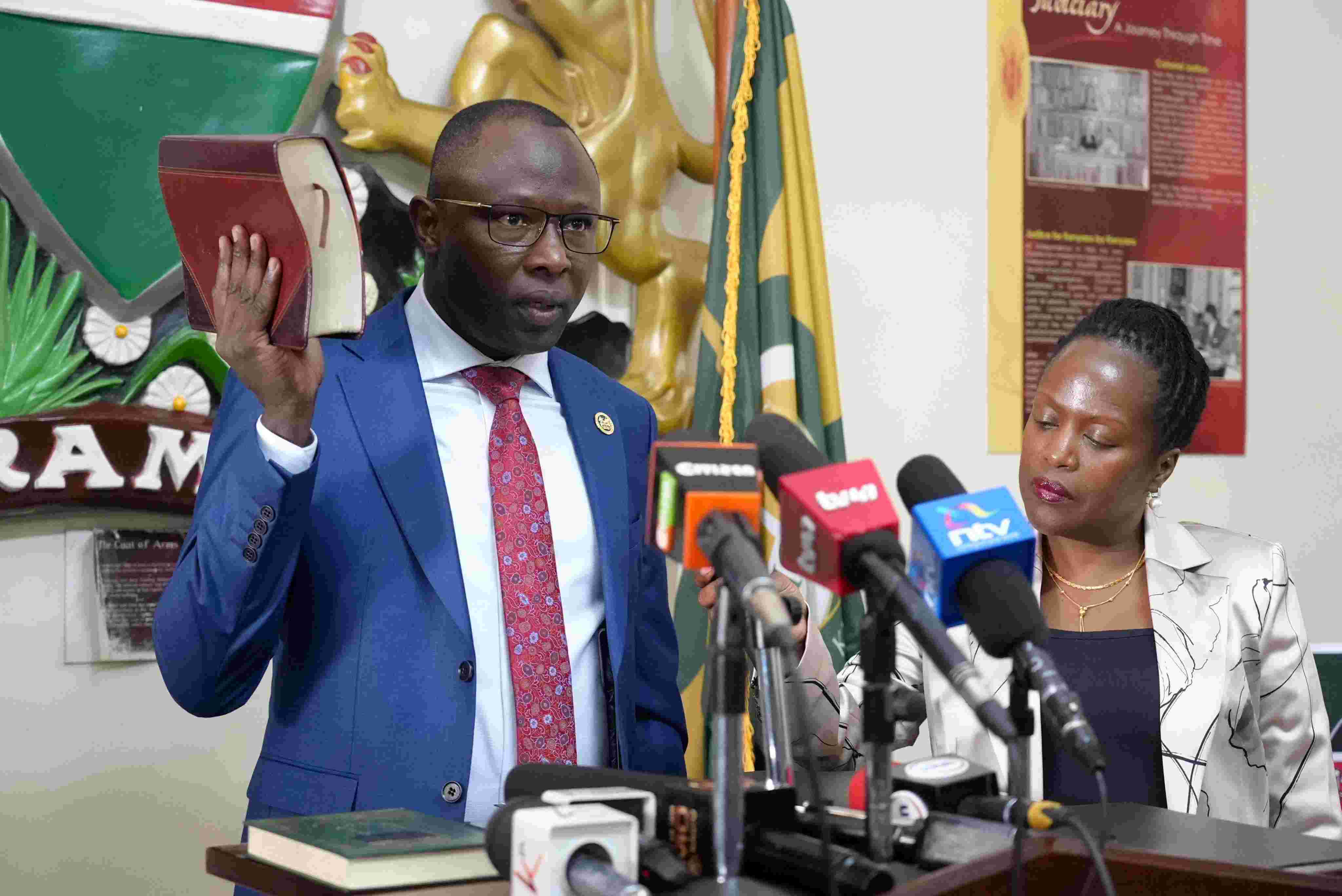KNBS under fire for ethnic imbalance in hiring as Senate demands recruitment records
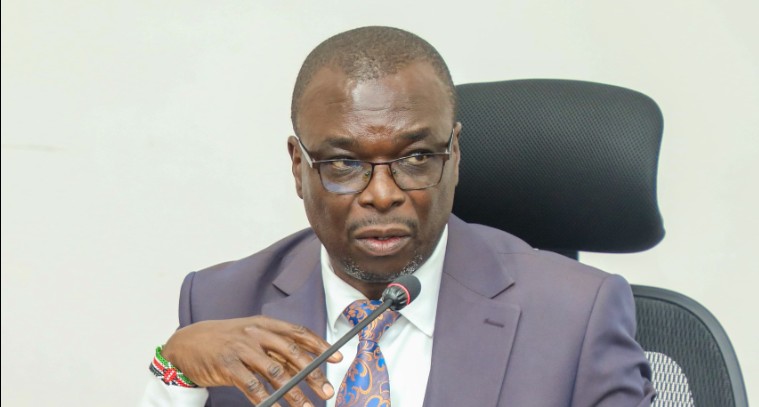
Senators insisted that as a lead institution in national planning, the Kenya National Bureau of Statistics must set a good example in ensuring fair and inclusive recruitment across all sectors of the population.
The Kenya National Bureau of Statistics (KNBS) is facing renewed criticism from the Senate over a recruitment process that overwhelmingly favoured five ethnic communities, while excluding 14 others, despite constitutional requirements mandating diversity in public institutions.
Appearing before the Senate Committee on National Cohesion, Equal Opportunity and Regional Integration on Monday, KNBS Director-General Macdonald Obudho was grilled over the agency’s failure to ensure ethnic representation in its recent hiring of 31 new employees.
More To Read
- KIPPRA flags job creation as key concern despite Kenya’s economic growth
- 305 Kenyan diaspora deaths recorded in 2024, new report shows
- Kenya launches new data plan to help tackle climate change and development issues
- Fewer Kenyan women getting married, divorce rates on the rise - KNBS report
- Kenya’s current account deficit surges to Sh66 billion - KNBS
- Kenyan diaspora births surge 15 per cent to 5,694 amid population growth
Senators questioned why all new recruits came from the Kikuyu, Luo, Luhya, Kamba, and Kalenjin communities—groups that already dominate the KNBS workforce—while some ethnic groups remain entirely unrepresented.
Obudho acknowledged that these five communities account for 304 of the 506 staff currently employed by the bureau. The breakdown is as follows: Kikuyu (102), Luo (84), Luhya (60), Kamba (58), and Kalenjin (50).
Other represented communities include Somali (31), Embu (13), Meru (10), Borana (9), Mijikenda (8), Gabra (5), Kuria (4), Pokot (3), and Turkana (3). Ethnic groups such as the Bajuni, Suba, Burji, Pokomo, Samburu, Taita, and Taveta each have two employees, while the Boni-Sanye, El Molo, Kenyan Arabs, Mbeere, Ilchamus/Njemps, Nubi, Rendile, and Sakuye communities are each represented by a single staff member.
Underrepresented communities
Obudho told the committee that KNBS currently employs staff from 31 ethnic groups, leaving out 14. However, he did not specify which groups were excluded.
The committee, chaired by Marsabit Senator Mohamed Chute, demanded to know why none of the newly hired staff came from the underrepresented communities.
Documents submitted to the committee show that of the 31 new hires, two are Kikuyu, three Luo, three Luhya, three Kamba, and two Kalenjin—further entrenching the dominance of these five groups.
Senators noted that this composition violates Article 232 of the Constitution and Section 7 of the National Cohesion and Integration Act, which require public institutions to reflect the country’s diversity and ensure that no more than one-third of employees come from the same ethnic group.
Senator Chute directed Obudho to provide the committee with all recruitment records, including the number of applicants, longlisted and shortlisted candidates, and their scores. “We want the full list of applicants and those hired, broken down by community,” he said.
Nominated Senator Beth Syengo described the recruitment process as unjust, saying it was unfair that a few communities continued to dominate public jobs while the rest were forced to compete for limited opportunities.
“If you take the five communities of Kikuyu, Luo, Luhya, Kamba and Kalenjin, they already account for 60 per cent of total employment. Why do you leave the rest of the 31 ethnicities to struggle for 40 per cent of the slots? This is very unfair,” she said.
She also questioned the decision by KNBS to list the Pokot community separately from the larger Kalenjin grouping, pointing out that such classifications may be used to conceal imbalances.
Census data
In his defence, Obudho said the agency uses census data to guide its recruitment and has made efforts to include underrepresented groups.
“We are trying to bring on board other communities as we continue to recruit new staff. Some ethnic communities do not apply, but we are trying to undertake affirmative action to regularise the ethnic representation,” he noted.
The committee also raised concerns about the bureau’s failure to provide proof of compliance with gender, age, and disability inclusion policies.
During the session held at Parliament Buildings on July 14, senators directed KNBS to submit its gender mainstreaming policy and workforce demographics, including breakdowns by age, gender, and disability, within seven days.
Obudho said the bureau had put in place measures to ensure no more than two-thirds of staff are of one gender and at least five per cent are persons with disabilities.
However, lawmakers said those claims were not supported by evidence.
“The committee finds the documentation inadequate. We cannot verify your claims without data,” Senator Chute said.
The committee also found that KNBS employs six individuals above the retirement age of 60, with the youngest employee being 22 years old.
KNBS, a state agency created under the Statistics Act, is responsible for collecting and disseminating official government data.
Senators insisted that as a lead institution in national planning, the bureau must set a good example in ensuring fair and inclusive recruitment across all sectors of the population.
Top Stories Today
Reader Comments
Trending
